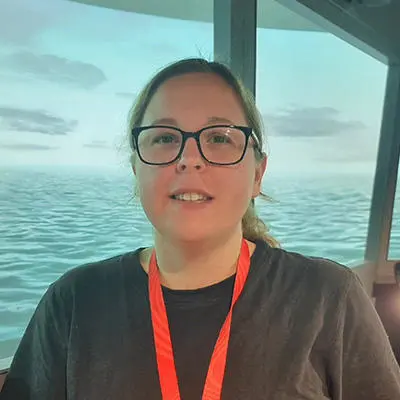Our portfolio of social research is rich and diverse, with some of the most pressing societal concerns at the forefront of exploration. Our team of social researchers comprise psychologists, sociologists, health professionals, and business and marketing professionals. Solent University's social research concerns improving individual and community wellbeing through practice, provision, and policy.
Current strands of research seek to inform social policy and concern:
- Corporate social responsibility in financial services marketing and implications for guidelines.
- Best practice guidelines for the provision of psychosocial interventions with implications for social prescribing.
- Experiences of gender and sexualities in sport and physical education and implications for guidelines, particularly in educational settings.
- Evaluation of services promoting health and wellbeing of children, younger adults, older adults, and families and implications for service provision.
- Exploring the impact of social inequalities and community on mental health and wellbeing with implications for service development and provision.
- Application of cognitive psychology to inform the criminal justice policy.
- Health, safety, and equality in seafaring professions and implications for policy.
Current projects
Seafarers' Personal Protective Equipment Project
Meet the team
Our Social Policy research area is led by Dr Karen Burnell, Associate Professor of Applied Psychology and Chartered Research Psychologist.
Karen’s portfolio of funded research, partnership working with academic partners and community organisations, as well as her contributions to the academic community through contributions to expert review panels, peer review duties, and PhD supervision, make her well placed to develop and lead Solent University’s social researchers aligned to the REF Unit of Assessment 20, whose work concerns improving individual and community wellbeing through practice, provision, and policy.









